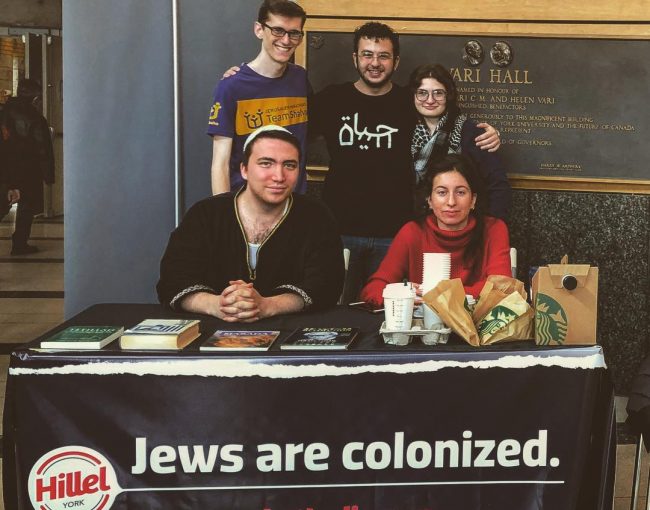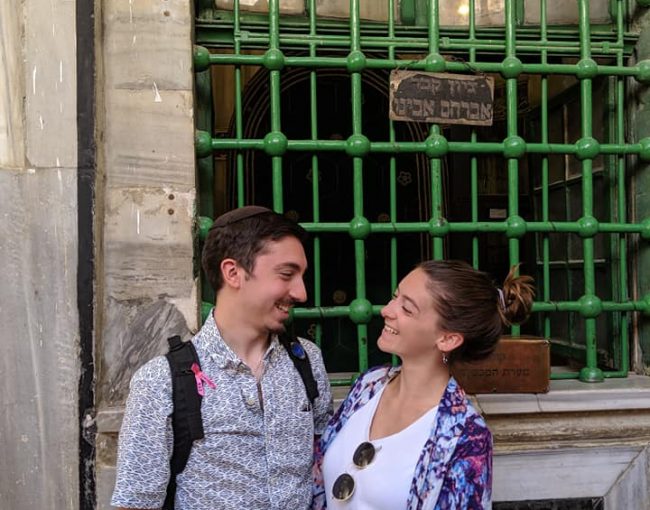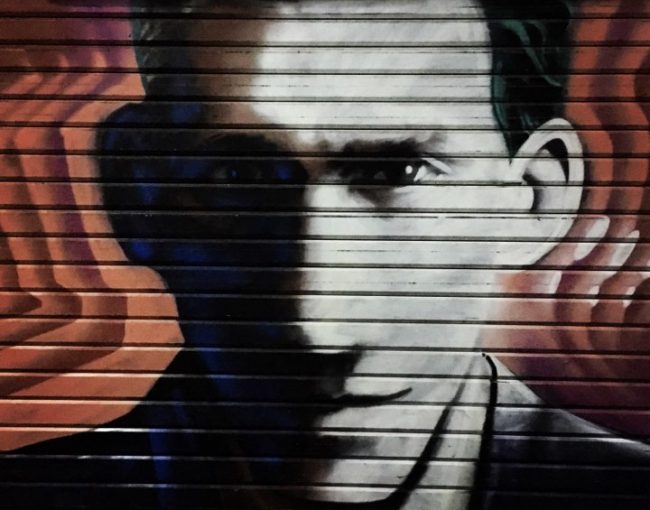The Jewish people constitutes not a religious sect but rather a proud ancient civilization with a unique culture, worldview, national framework, legal system, spiritual traditions and homeland we continue to be deeply connected to. But as a result of our subjugation, displacement and the oppression we experienced in exile, many aspects of our identity have been stolen from us or diluted to the point of becoming barely recognizable. In many ways, contemporary Jews – especially in the Diaspora – experience the world through the paradigms of more dominant civilizations and often view ourselves within foreign ideological frameworks. In order to better fit in with host nations (and avoid the persecution we attributed to not fitting in), Diaspora Jewish leaders in Europe actually reframed Jewish identity from that of a Semitic people in exile to German and French practitioners of a religion called “Judaism.” And this is only one example of Jewish identity colonization over the centuries.
Every people that experiences liberation must subsequently engage in a post-colonial conversation. The Jewish people was successful in returning home, reviving our ancient language and freeing our land from British rule. But instead of engaging in the necessary work to create a Jewish state that expresses our people’s identity and values in its policies and institutions, we merely placed our national flag and other Jewish decorations on a British colonial system.
As such, we work to identify the colonized elements of Jewish identity by promoting conversations about how exile altered that identity, what changes resulted from internal cultural evolution versus external coercion, what we want to restore and what we prefer to leave as is, all in an effort to decolonize Jewish identity and successfully participate in rebuilding Hebrew civilization in the modern age.
As two of the key partners in the VISION alliance are successful grassroots educational movements already familiar with this work, we aim to influence the World Zionist Organization to engage in a post-colonial conversation and to adopt our already-proven methods for creating educational programs that inspire young Jews to reconnect to their identities so they may become active characters in the story of our people.



